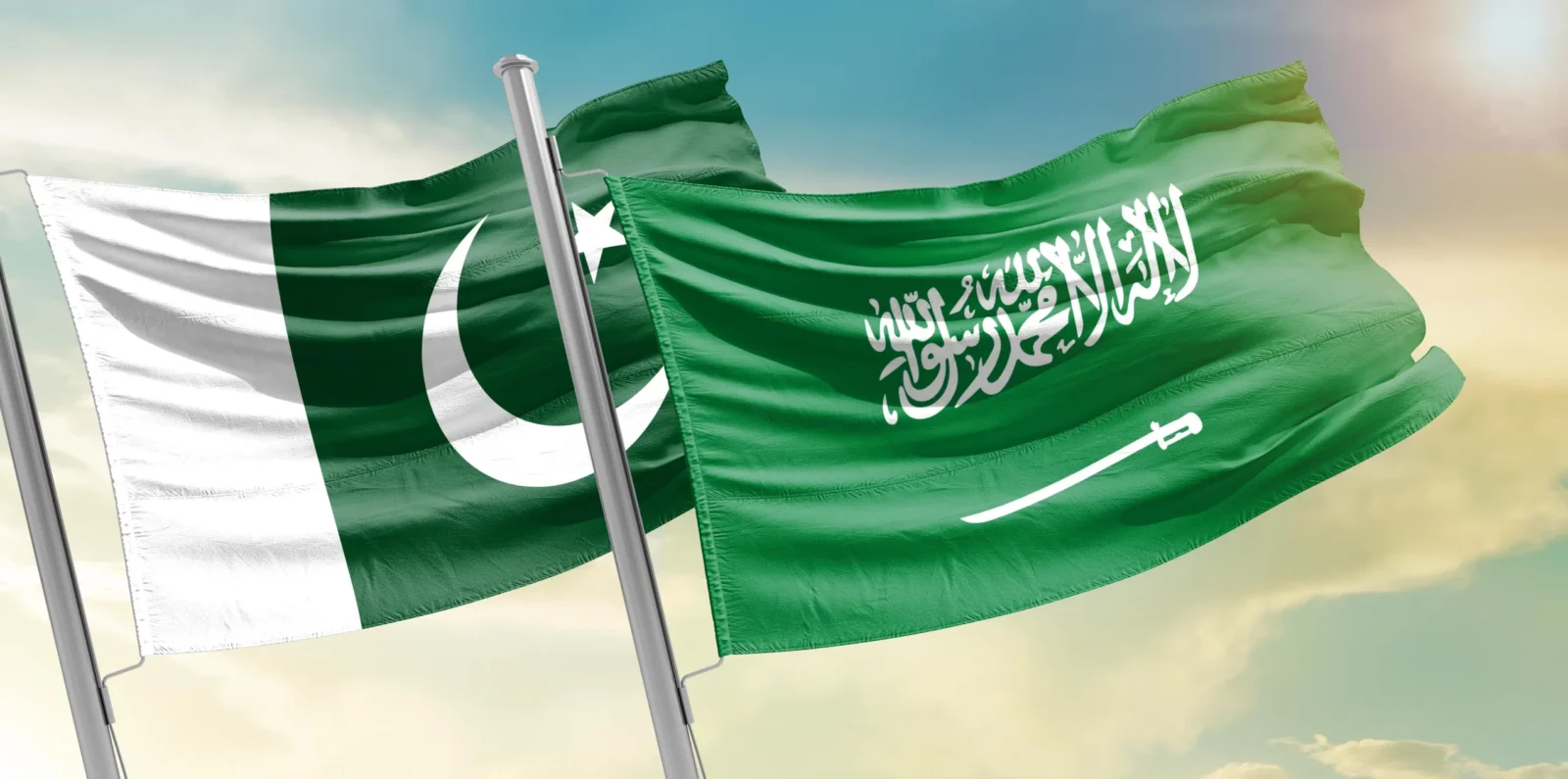Saudi Arabia and Pakistan have strengthened their relationship through bold and forward-looking economic cooperation. This partnership is no longer limited to diplomatic ties. Instead, it now focuses on large-scale Saudi investments in Pakistan, targeting growth, innovation, and long-term development.
A Strategic Shift in Bilateral Relations
The focus has shifted from traditional diplomacy to mutual economic gain. Saudi Arabia has committed billions in infrastructure, energy, education, and healthcare. These investments are not only boosting Pakistan’s economy they are also creating new opportunities for jobs and trade.
Energy Cooperation at the Core
Energy remains a top priority. Saudi Arabia brings world-class expertise in oil and gas, while Pakistan’s growing economy needs reliable power. Joint projects are expected to improve electricity supply, reduce shortages, and power new industries.
These collaborations will help ensure consistent energy for businesses and homes.
Building Infrastructure, Creating Jobs
Saudi funding is driving major infrastructure projects. These include:
-
Roads and highways
-
Rail networks
-
Urban development
-
Port expansions
These upgrades improve connectivity and create thousands of jobs across Pakistan.
Boosting Innovation and Skills
Saudi support also focuses on human capital development. This includes investments in:
-
Education and vocational training
-
Healthcare systems
-
Technology and digital transformation
Young people in Pakistan will gain skills that match the global market, boosting entrepreneurship and innovation.
Trade and Business Ties Growing
Saudi Arabia has long been a key energy supplier to Pakistan. Today, it is also Pakistan’s top Middle Eastern trading partner. Trade between the two countries continues to grow rapidly, supported by strong government ties and aligned interests.
Tourism: A New Area of Growth
Tourism is also connecting both countries. Saudi Arabia aims to welcome 100 million tourists by 2030. This will benefit Pakistan through travel, hospitality jobs, and cultural exchanges. More visitors will also mean more business for both nations.
Broader Investment Opportunities
Pakistan is actively inviting Saudi investments in sectors such as:
-
Mining
-
Agriculture
-
Information Technology
-
Renewable energy
Both countries have agreed to speed up Saudi Arabia’s $5 billion investment plan, signaling trust and ambition on both sides.
A Long-Term Vision for Shared Prosperity
This partnership is more than economic—it is strategic. Saudi investments are helping Pakistan overcome challenges and build a stable future. The alliance also fits into Saudi Vision 2030, which focuses on diversification beyond oil.
With continued engagement, this alliance promises long-term stability, growth, and innovation for both nations.





